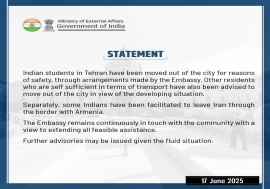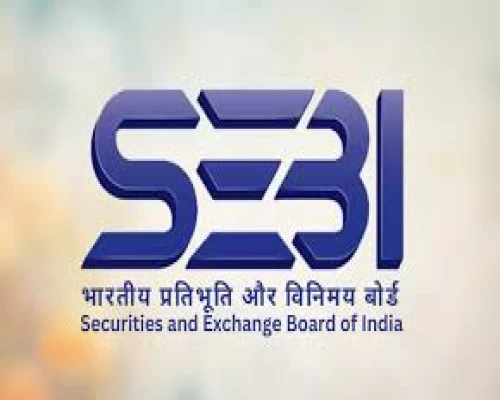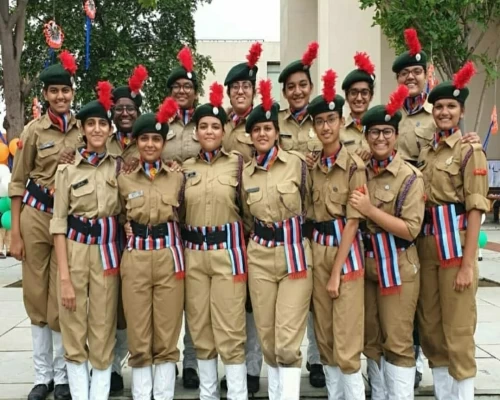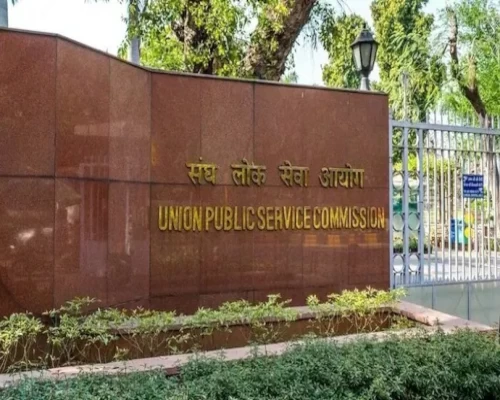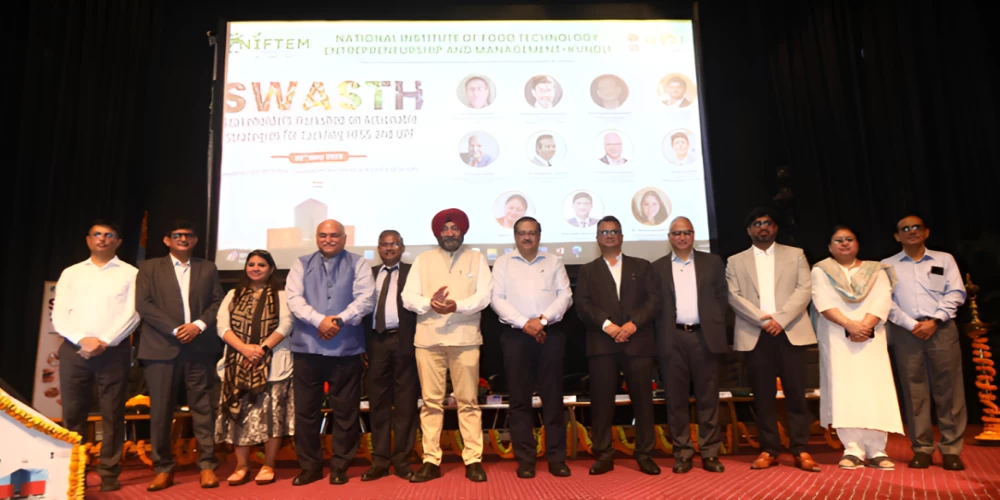
New Delhi: In a one-day workshop held at NIFTEM-Kundli, the Ministry of Food Processing Industries (MoFPI) brought together stakeholders to discuss the rising concerns around High Fat, Salt, and Sugar (HFSS) and ultra-processed foods (UPF). Titled SWASTH (Stakeholders Workshop on Actionable Strategies for Tackling HFSS and UPF), the event revolved around the theme “Shedding Light on Science, Consumption, and Choices in Modern Food.”
Delivering the keynote, MoFPI Secretary Subrata Gupta highlighted the growing awareness of physical health in today’s fast-paced world, comparing the daily use of smart-watches to track steps with the lack of attention paid to calorie intake. “While we keep track of how many steps we walk each day, we often fail to monitor how much energy or how many calories we consume every day,” he remarked.
Gupta called upon NIFTEM-K to lead the development of a wearable device capable of tracking calorie consumption, much like fitness devices track movement. He cited alarming global data showing that two-thirds of deaths are caused by non-communicable diseases, and raised concerns around food adulteration and wastage. He urged collective innovation and action, while encouraging NIFTEM-K to host such workshops more regularly.
In his opening remarks, NIFTEM-K Director Harinder Singh Oberoi announced the institute’s plan to propose chapters on food processing for NCERT textbooks. “Food be the medicine,” he said, referring to traditional Indian wisdom, adding that NIFTEM-K is willing to work with FSSAI to standardise methods for determining added sugar in foods.
Representing the Ministry of Ayush, Ravinarayan Acharya of the Central Council for Research in Ayurvedic Sciences (CCRAS) explained that Ayurveda places food at the core of health. “The primary objective of Ayurveda is to maintain good health, while treating illness comes second,” he said, noting the ministry's ongoing collaboration with FSSAI, other ministries, and state governments to improve food safety and quality.
FSSAI’s Executive Director for R&D, Satyen Panda, spoke about the widespread adulteration in processed foods and called for a scientific and balanced strategy to manage HFSS and UPF risks.
In the first technical session, ICMR scientist Priyanka Bansal outlined various schemes targeting nutrient deficiencies, including anaemia. Consumer VOICE CEO Ashim Sanyal called for a clear definition of HFSS in the Indian context, and pressed for the rapid adoption of Nutrient Profiling Models and front-of-pack nutrition labelling.
The second session was led by academics, starting with Komal Chauhan, Dean (Research), NIFTEM-K, who pointed out that not all processed foods are harmful. “Blanket assumptions don’t help,” she said, stressing the need for evidence-based conversations. Assistant Professor Heena Yadav presented an FAQ document on HFSS and UPF, explaining the NOVA classification and future plans for wider consultations. Delhi University’s Seema Puri encouraged greater trust in Indian institutions like ICMR. She called for more meta-analysis, moderation, and portion control to curb NCDs. Swati Bhardwaj from public health group Resolve to Save Lives emphasised the need for standardised portion sizes.
The final session captured the food industry’s viewpoint, with representatives from ITC, Marico, Nestlé India, and Jadli Foods India, along with associations such as FICCI, CII, PBFIA, India Honey Alliance, and IFBA. There was general agreement on the importance of robust clinical trials and scientific backing before rolling out HFSS and UPF policies that could impact both health and business.
Industry voices called for regulations based on serve size, and requested a national nutrition survey to better assess India’s dietary landscape. Many also urged policymakers to move away from emotion-driven discourse. One participant observed, “Food processing is often unfairly criticised in public debates, while its positive contributions—such as ensuring food safety, maintaining hygiene standards, reducing food wastage, and creating employment—are frequently overlooked.” Another raised concern that genuinely nutritious items like coconut milk, oat milk, and tofu could be misclassified as UPFs, and called for clearer definitions.
The workshop attracted over 80 in-person attendees from academia, industry, and regulatory bodies, and more than 100 virtual participants. It concluded with a practical message: “Eat consciously. Keep it simple. Avoid ‘Virrudha Aahar’ (incompatible food combinations), so that NCDs can be prevented.”
BI Bureau


